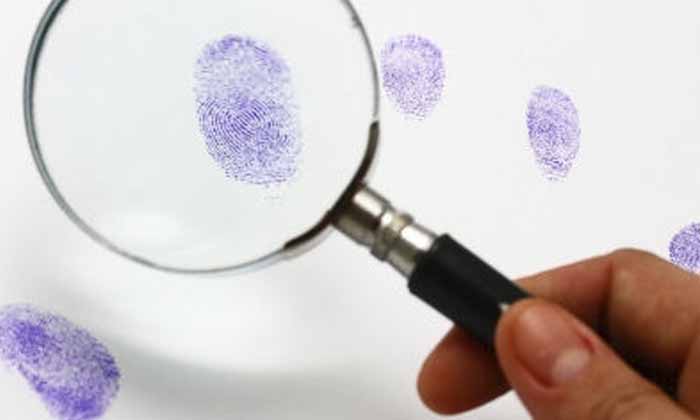Security to take quantum leap thanks to ‘atomic fingerprinting'
01 Aug 2016
Atomic-scale devices do not require passwords and are impervious to cloning – making them most secure safeguarding systems ever made

Scientists have discovered a way to authenticate or identify objects by creating unique and unbreakable IDs using next-generation nanomaterials.
The breakthrough is the result of a collaboration between world-leading experts at the University and an experimental team based at Lancaster University.
The ground-breaking experiment used Resonant Tunnelling Diodes, designed and fabricated in Manchester. These specialist devices helped researchers test the notion that imperfections in materials at a nanoscale are unique and near impossible to reproduce – effectively acting as atomic-scale fingerprints.
“Only a few months after we made and supplied the devices the team in Lancaster was able to prove the concept that the unique differences in each test device made an unbreakable code that no hacker could replicate,” explained Dr Max Migliorato, from the Sensing, Imaging and Signal Processing group at Manchester’s School of Electrical and Electronic Engineering.
“This is a great achievement for The University of Manchester because it shows the importance of our world-class facilities and expertise associated with semiconductor materials and device fabrication.”
The atomic-scale devices are a landmark because they do not require passwords – which can be deciphered – and are impervious to cloning, making them the most secure safeguarding systems ever made.
Coupled with the fact that they can be incorporated into any material, this makes them the perfect candidate to replace existing authentication technologies.
Dr Migliorato said the project took root two years ago when he co-supervised PhD student Jonathan Roberts with a colleague, Dr Rob Young from Lancaster.
Jonathan is on the pioneering NowNano programme, a select group of doctorial students working with world leading scientists on two-dimensional materials. Dr Migliorato was also supported by Professor Mohamed Missous and Dr James Sexton, from the School of Electrical and Electronic Engineering.
